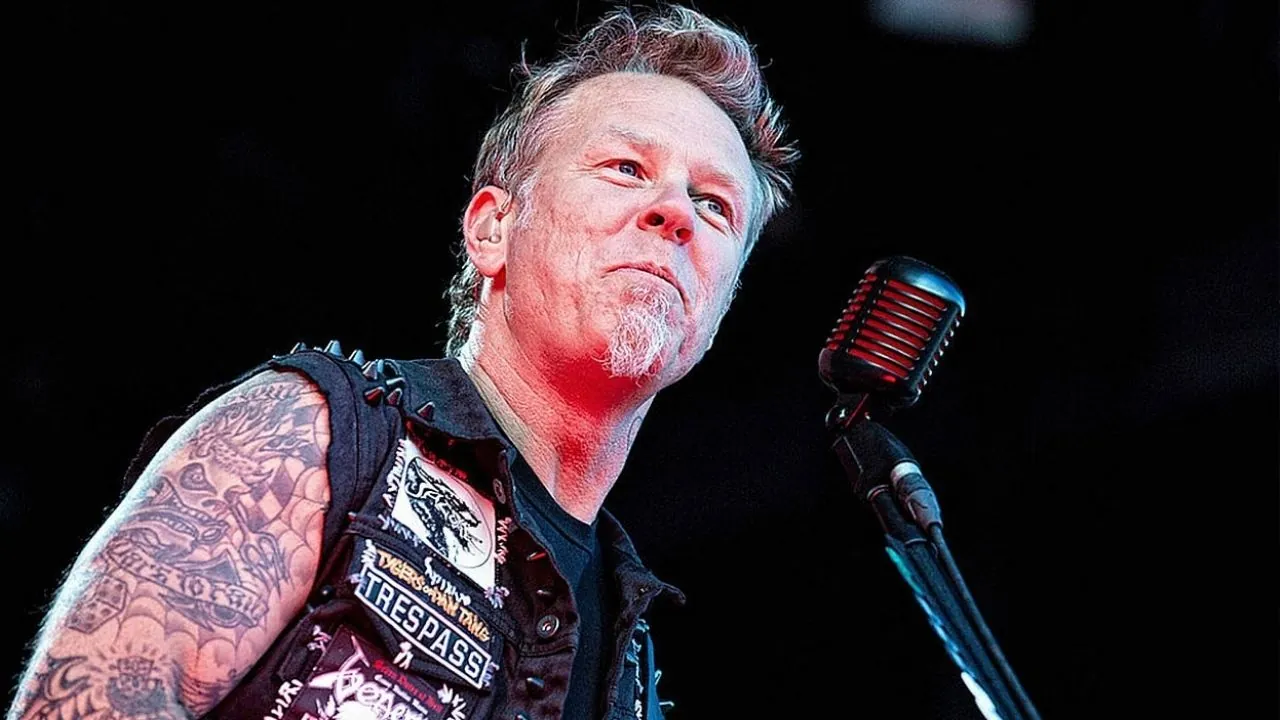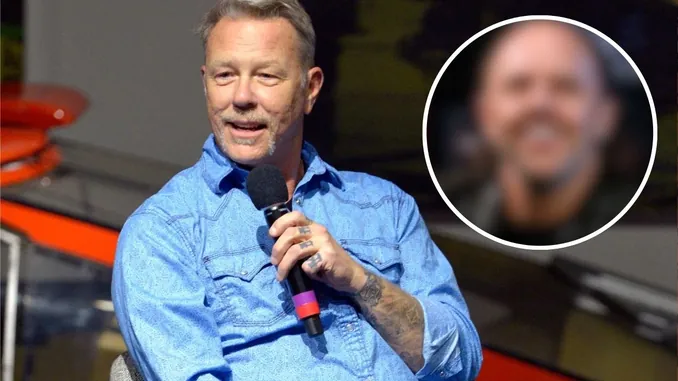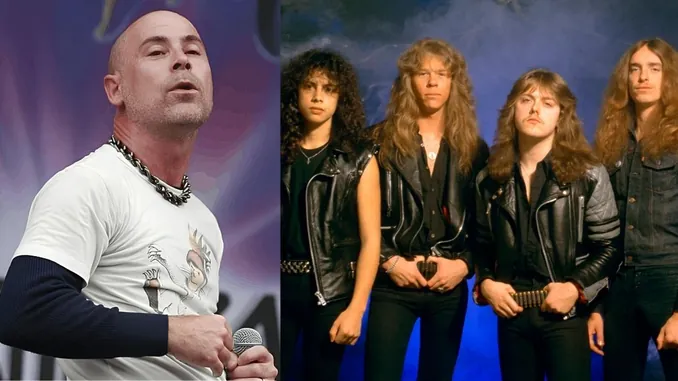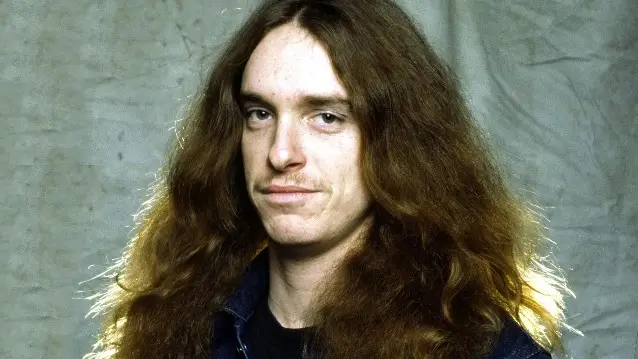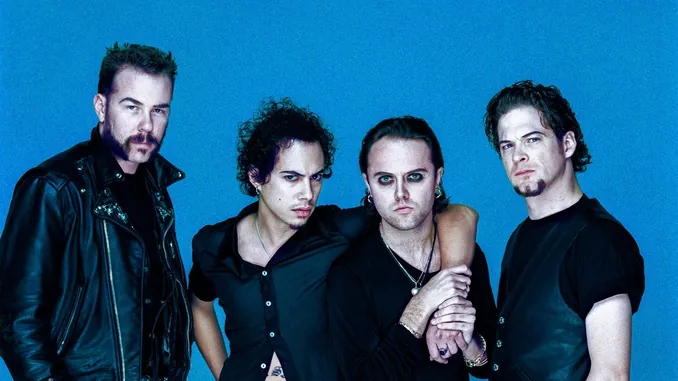JAMES HETFIELD Reflects On His Father's Abandonment: 'He Didn't Even Say Goodbye'
Metallica frontman also explains how strict religion isolated him during school years.
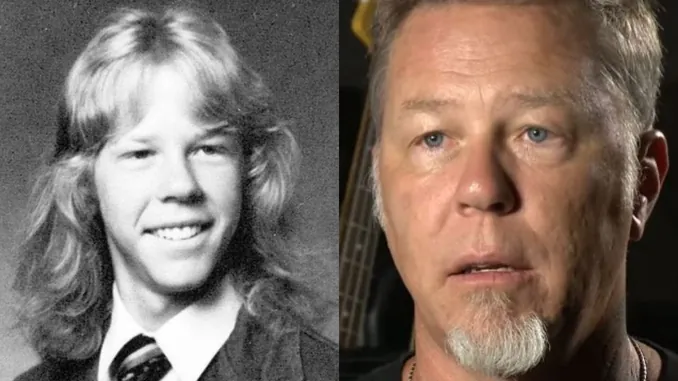
Summary
- James Hetfield opens up on childhood trauma, including abandonment by his father and his mother’s death tied to Christian Science beliefs.
- His mother refused medical treatment for cancer, inspiring Metallica songs like The God That Failed and Until It Sleeps.
- Even after reconnecting with his father in the 1990s, many unresolved questions haunted Hetfield into therapy.
Before the arenas, awards, and global tours, James Hetfield was just a kid growing up in the suburbs of Los Angeles.
The setting looked ideal from the outside. His father, Virgil, ran a trucking business.
His mother, Cynthia, balanced life as a housewife and artist, dabbling in painting and graphic design. School was a short walk away.
Life appeared steady.
But THAT illusion didn’t last.
Related

Vanishing Father
In 1977, everything cracked. Virgil simply vanished. (via Guitar-World)
“It was very confusing for me as a kid, not knowing what was going on. It was kind of hidden,” James explained years later.
His mother initially fed him the story that his father was away on business. Eventually, the truth surfaced. Virgil wasn’t coming back.
The absence hit harder than the initial lie.
“I felt the fear of having to be the man of the house and not knowing what to do, I felt like I hadn’t learned enough from my dad, that he wasn’t there for me. All of that kept building up. I felt a lot of hate toward him. He didn’t even say goodbye.”
The emotional wreckage left James with long-standing trust issues.
“That’s a major character flaw I still carry, I feel like everyone is hiding something from me.”
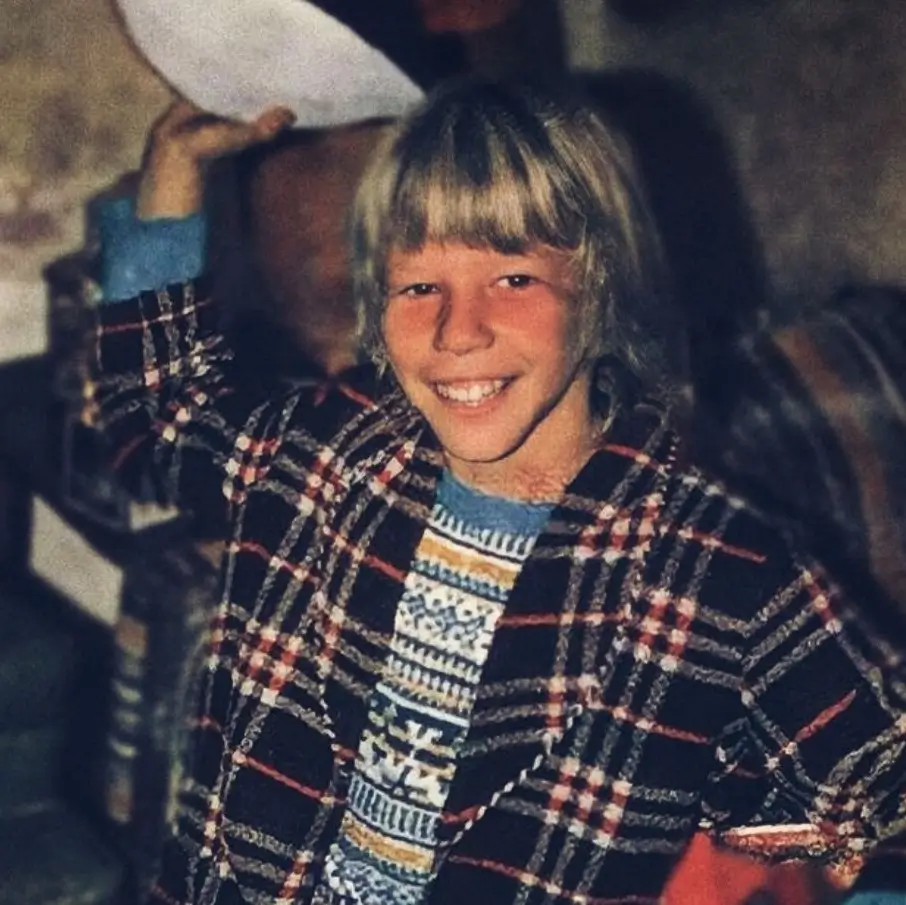
The Weight of Belief
Religion offered no comfort. His parents were strict followers of Christian Science, a faith built on the idea that spiritual strength can conquer physical illness.
The practical consequences for James were bizarre and isolating.
“It was very interesting but very alienating for me as a child,” he said. “I couldn’t attend health class as a kid, where you learn how your body works. I had to leave the classroom and stand in the hallway or go to the principal’s office. It was more like a punishment.”
While other kids learned basic anatomy, James stood alone, excluded by religious rules that saw medical knowledge as unnecessary or even dangerous.
Watching His Mother Die
That same belief system would later cost his mother her life. Cynthia developed cancer but refused medical treatment, trusting instead in faith-based healing.
“She wasn’t interested in finding out what it was. We watched our mother waste away,” James recalled. “My sister and I would look at each other and couldn’t say anything. My brothers were old enough to understand it and finally said: ‘Something is very wrong. We need to get her help.’ But it was too late. She died of cancer.”
The trauma didn’t stay bottled up. James would later channel this darkness into Metallica’s music, particularly in tracks like The God That Failed and Until It Sleeps.
Awkward Reconnection
Years later, after Metallica’s Black Album had made him a household name, James reconnected with his father. The reunion, though, was far from healing.
“It took a long time to reconnect with my father and forgive him, as well as to embrace the concept of unconditional love between father and son,” he admitted. “But still, there were tons of questions left unanswered when he passed away.”
Therapy eventually helped him confront many of these buried issues.
“A lot of the things I’ve had to work through in therapy revolved around my childhood and my reality versus their reality.”
Fuel for Metallica
The long shadow of James’s childhood remains baked into Metallica’s DNA. Even in 72 Seasons, released in April 2023, echoes of his early pain surface.
The album digs into how those first 18 years shape a person, for better or worse.
For James Hetfield, those years weren’t simply formative. They were a battlefield he’s still walking away from.
Got a tip for us? Email: [email protected]
Metallica, one of the most recognized names in heavy metal, wasn’t always the arena-dominating force it is today. Back in 1981, when James Hetfield …

